21 October 2020
Let’s teach skills to create the future
By Clara Blanch y M.Carmen Albás
Due to the confinement by COVID-19, all sectors of world society suffered a before and after. The pandemic has brought to the fore, in an accelerated manner, countries that are scientifically independent, at the policy level but also at the educational level.
Today, more than ever, it is clear what many have been saying for some time, “we need people who are dedicated to science because the world’s economies depend on the scientific and technological training of its citizens.
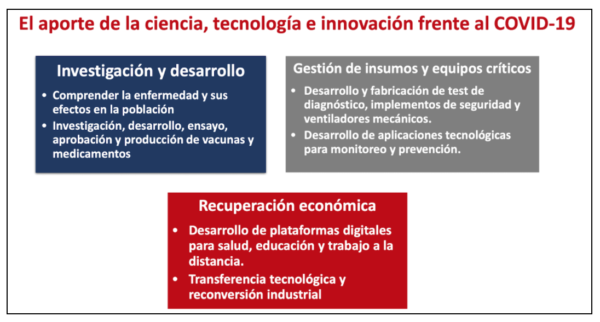
Since COVID-19 we have seen that the contribution of science, technology and innovation are key to meeting the challenges in the health industry and economic recovery from the pandemic.
Knowledge Society
We qualify our society as the society of knowledge. The process of knowledge generation and information transmission, through the ICT (Information and Communication Technologies) has implied a process of globalization of the economic and individual activity among all societies, promoting competitiveness.
The substrate of the knowledge society is the increase in the educational level of the population. Today, university graduates must be able to adapt quickly to the changes that are taking place in the productive sectors and among occupations. The labor market needs flexible professionals capable of adapting to the new demands for qualifications, which change considerably over the years of their working lives.
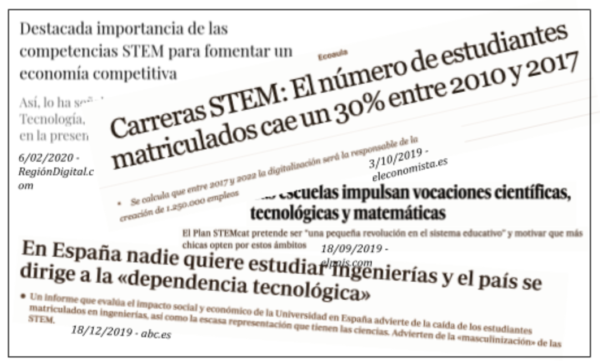
These are some of the headlines of the most important newspapers and magazines in our country, but what do we understand by STEM? STEM (Science, Technology, Engineering, Math) was coined in the 1990s by a government agency that promotes research in all non-medical fields of science and engineering in the United States. By STEM fields we mean any productive activity in which the knowledge, use and/or development of digital technology and engineering is necessary. That is, any engineering or science specialization such as chemistry, physics or mathematics. STEM also refers to a series of skills related to the use and development of technologies encompassing socio-emotional skills such as collaboration, adaptability and resilience, which are very necessary, as we have mentioned before, in a changing world.
STEM is the international bet for the working world. The skills and professions related to STEM are the future of all productive activity, are a guarantee to ensure competitiveness and welfare of today’s society. STEM positions could triple the number of candidates truly qualified to perform them. It is necessary that the University adjusts to the maximum its educational offer to the employability that our society offers and will offer.
The labor market is changing due to the development of artificial intelligence and robotics, causing the automation of many tasks. This means that the most important human factor is the one that cannot be provided by machines: ability to think, creativity, etc.
Historically, the most prosperous countries are those with high percentages of people dedicated to science and research.
One of the main problems with STEM is the decline in demand for STEM courses and the high dropout rates in such studies. As Juan Carlos Gómez Villamandos, president of the Conference of Spanish University Rectors, warned, “without enough engineers, mathematicians, physicists, chemists… we will be left out of the 4.0 Revolution, as happened in other times in our history, and we will be technologically dependent”.
The General Secretary of Science, Technology, Innovation and University, Jesús Alonso, highlighted last February, a month before the beginning of the pandemic in our country, the importance of STEM competences in non-university young people to promote a competitive economy in our country. On the other hand, it is essential that we retain the maximum talent generated and develop training programs for technologists and researchers, facilitating the development and implementation of companies based on the generation of knowledge and technology that our STEM graduates can contribute, a fact that will positively affect the competitiveness and growth of industry and our economy.
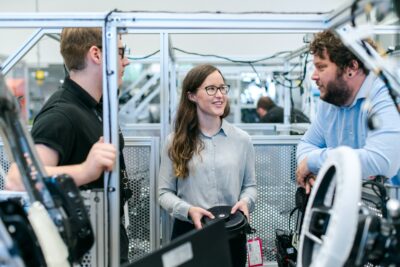
Without enough engineers, mathematicians, physicists, chemists… we will remain outside of Revolution 4.0, as happened in other times in our history, and we will be technologically dependent.
Continuous innovation, the engine of progress for new times
In order to influence the new world economy we must move towards greater innovation, productive, commercial and technological integration. Putting science and technology at the service of people and opening a new space for productive and technological development. The economies of the OECD are growing and becoming increasingly active thanks to innovation.
There is a broad consensus that people should be empowered to be able to promote national and global progress and well-being through innovation.
Innovation policies often emphasize:
- The role of science, technology, engineering and mathematics in innovation (STEM fields);
- The role of entrepreneurship, and usually
- At higher levels of education such as doctorates, etc. A society with more qualified individuals generates greater economic growth and well-being. Evidence shows that in the labor market the people who contribute most to innovation are those who have doctorates in any area of knowledge. However, when it comes to product or technology innovation, it is the engineers, scientists and mathematicians who tend to be those who contribute most.
ROSES project – Relevance of Science in Education, Second
There are many instruments to measure and compare internationally the educational models of different countries, currently Centre d’Estudis Institució along with the University of the Balearic Islands (UIB), joins the reissue of the project ROSES inviting all institutes and schools in the country with students in the last cycle of ESO. It’s time to listen again. While in March we tried to respond to the urgency of change, we were reactive, now it is time to be proactive and transform the difficulty into an opportunity. Adapt to the new normality to improve education and consequently the lives of all people.
The instruments on educational models most used internationally are:
- PISA report (Programme for International Student Assessment). Assesses students’ knowledge and cognitive skills in Reading, Math and Science. Every three years it publishes a report of results, focusing on one subject at a time. The last report comparing results between countries was in 2018 focusing on reading. The next PISA edition will start in spring 2022 and will focus on the assessment of mathematical competence. The innovative competence will be in this occasion the creative thinking.
- TIMSS (Trends in International Mathematics and Science Study). Thanks to this international study of trends in Mathematics and Science, countries can analyze policy-relevant variables such as the structure of the educational system, curricula, pedagogical practices and student attitudes towards learning. According to the latest shared data, Spain is below the average of OECD countries in these subjects but is the EU country that has experienced the greatest improvement in recent years.
- ROSE project (the Relevance Of Science Education). It evaluates affective factors (attitude, interest…) towards science and technology in adolescents at the end of their compulsory education, instead of cognitive knowledge. It was created in 2002 and researchers from 40 different countries participated by collecting data, among them Spain. The evaluation instrument was identical in all countries. The results had a considerable impact internationally, including in the European Union. The relevance of science education is such that at this time the second evaluation instrument ROSES (the Relevance of Science Education-Second) is being developed, with the collaboration of IMPULS EDUCACIÓ given its relevance for improving education and consequently the lives of all people.
It’s time to listen again. While in March we tried to respond to the urgency of change, we were reactive, now it is time to be proactive and turn the difficulty into an opportunity.

Thanks to this second study on current concerns of 15-year-old students we aim to achieve:
- CURRICULUM: To analyze policy-relevant variables such as the structure of the educational system, curricula, pedagogical practices and student attitudes towards learning.
- To find evidence to help us improve the TEACHING of science and technology. The questionnaire is focused on understanding and discovering what the students’ attitude is in relation to science and what their interests are in the line of being able to work to improve that attitude towards science, making them discover science, its importance and their interest. COVID has shown that countries have to be self-sufficient in technology and science, and this is achieved by educating the population. Without the raw material you have to hire people from outside your country.
- Improve the ORIENTATION of students throughout their academic life by making them aware of the sciences. Provide students with sufficient tools to facilitate decision-making throughout their careers as students and to follow a training path that is in line with their interests. The choices they make at this stage, although not decisive, are an influential factor.
- Ending the GENDER imbalance that occurs in these disciplines, which can lead to inequalities in the shaping and design of our future as a society. The evaluation instrument of the ROSE study was passed worldwide in mixed schools and in differentiated schools, analyzing the interests of young people globally and those of girls in particular, distinguishing whether they were schooled in mixed or differentiated schools.
If you are interested in being part of this project to improve education, please fill out the following questionnaire. If you have any questions please contact us: contacte@impulseducacio.org
*The project is for Spanish speakers only
As soon as we apply the ROSES instrument in your center, Impuls Educació will make available to you a personalized report with the beliefs, expectations, attitudes and opinions of your students about various topics related to the teaching and learning of science and technology.
You might also like

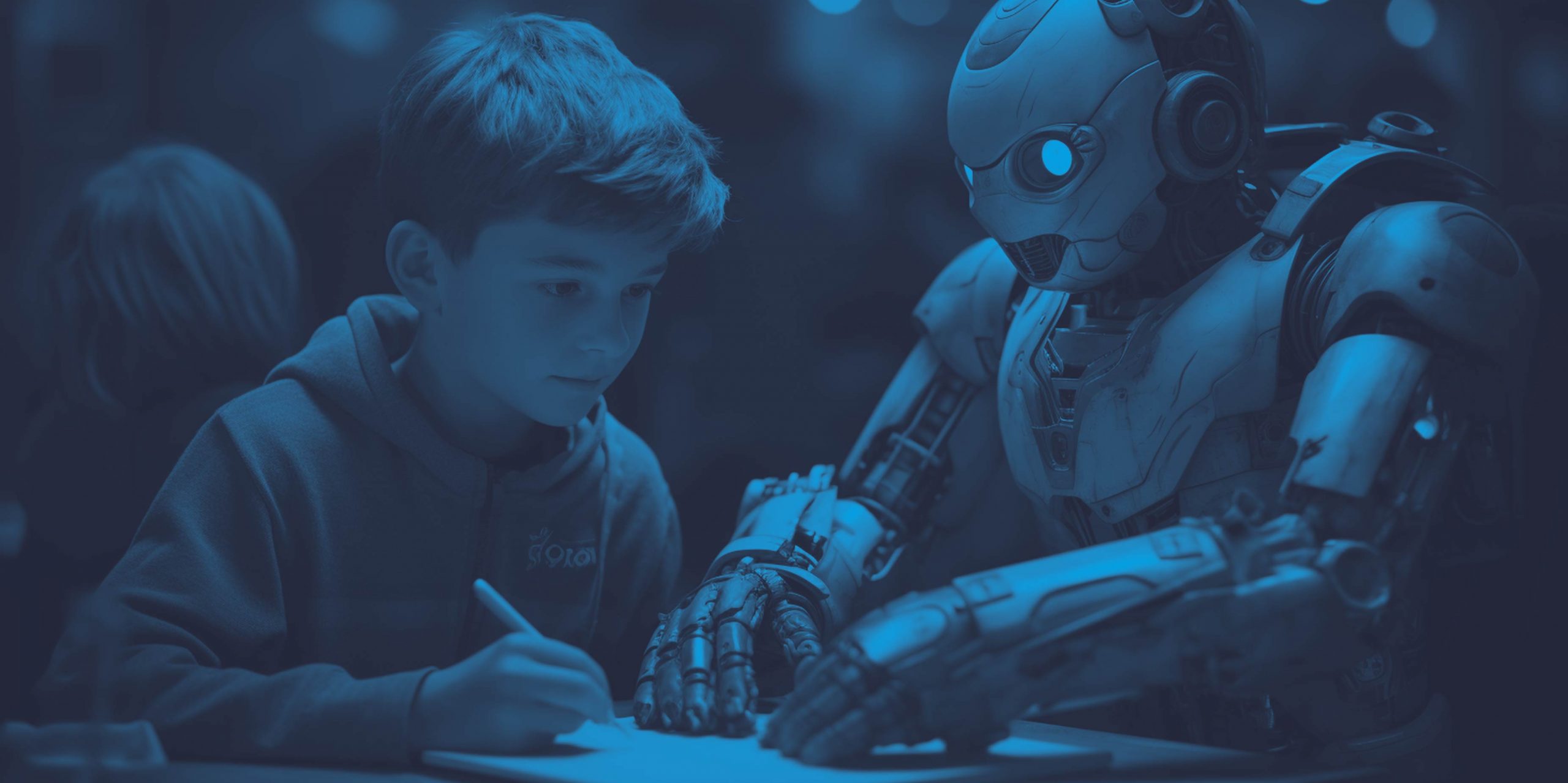

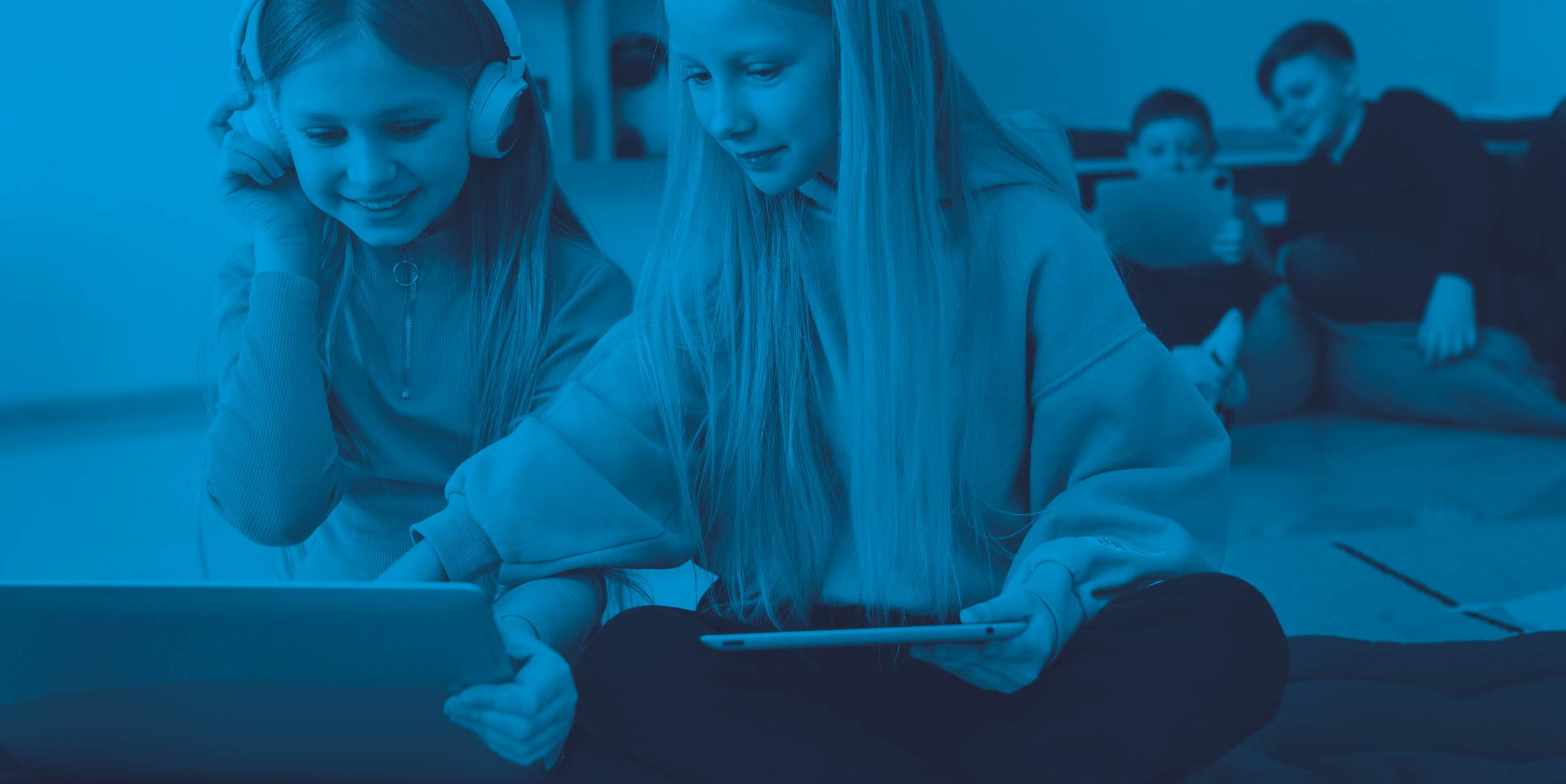
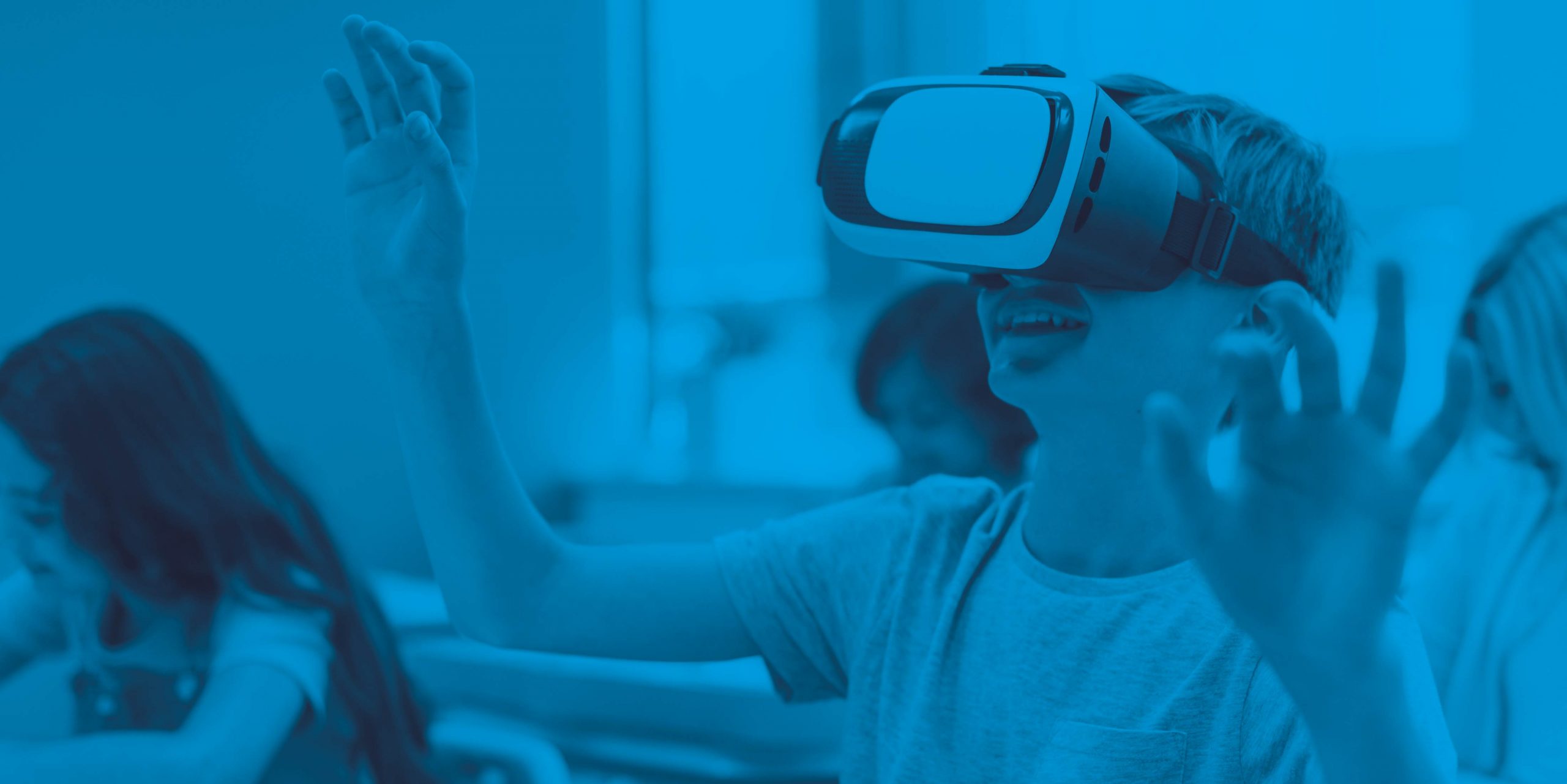

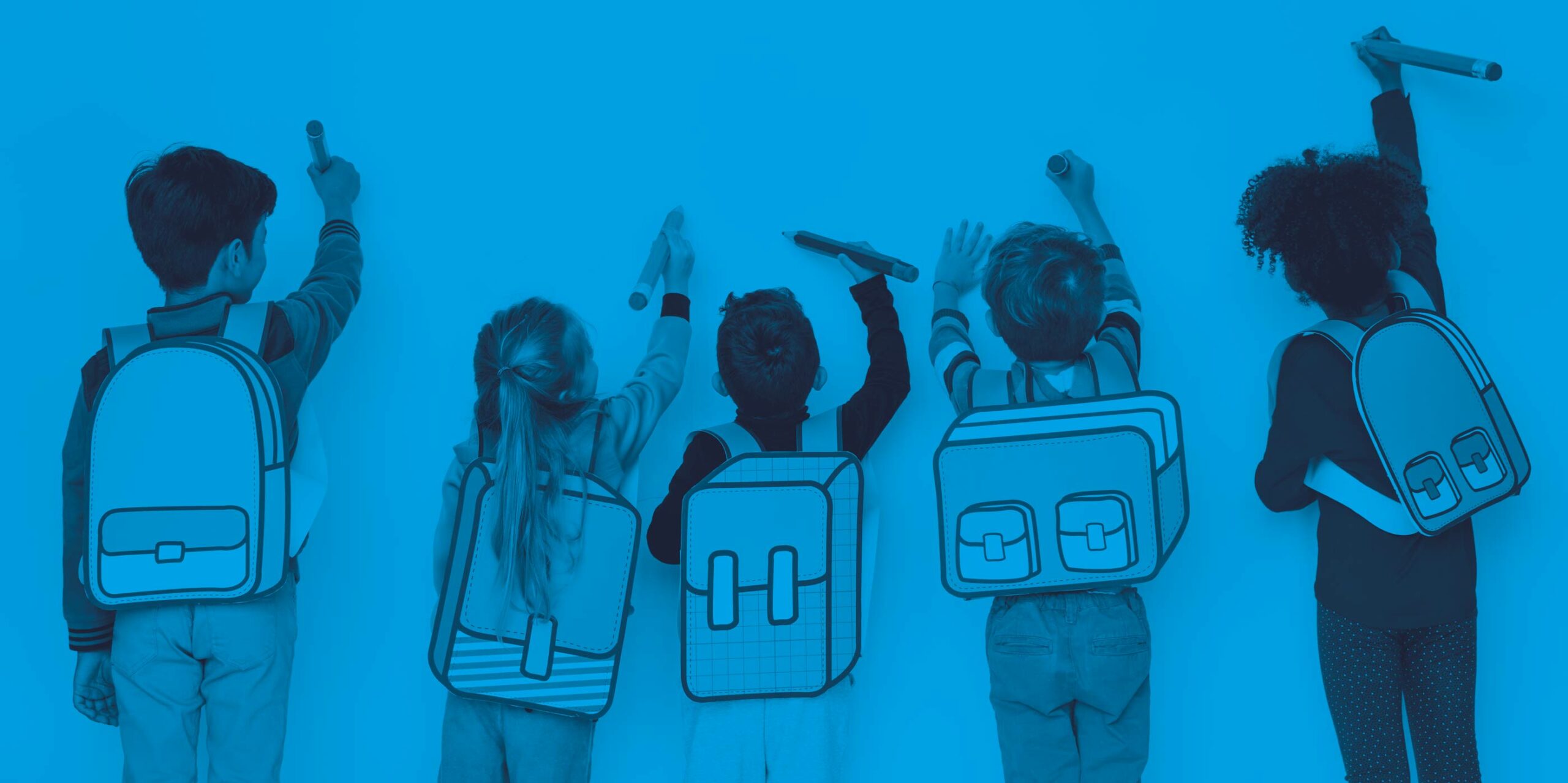
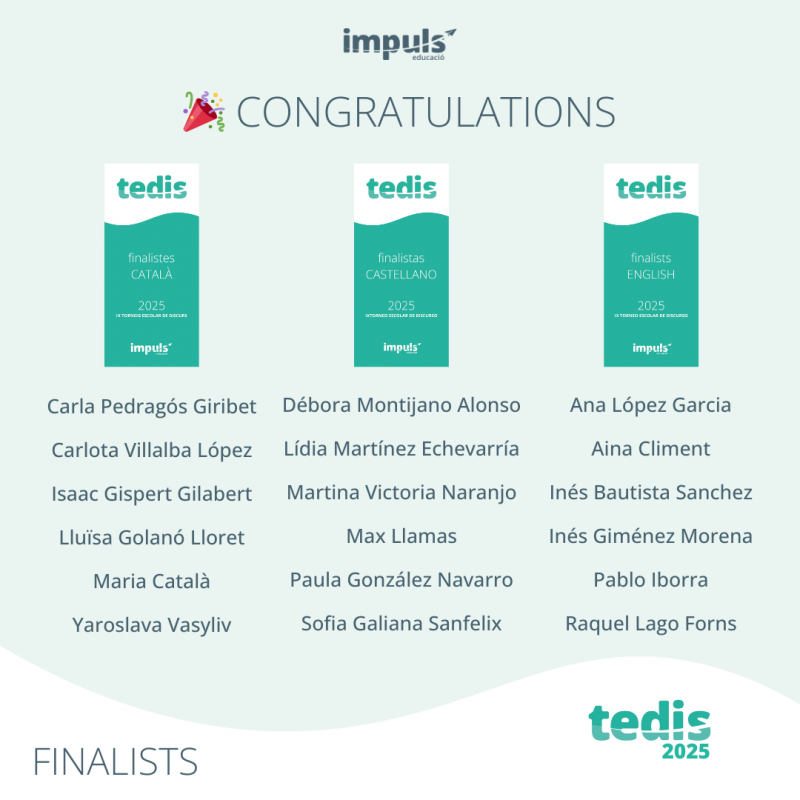
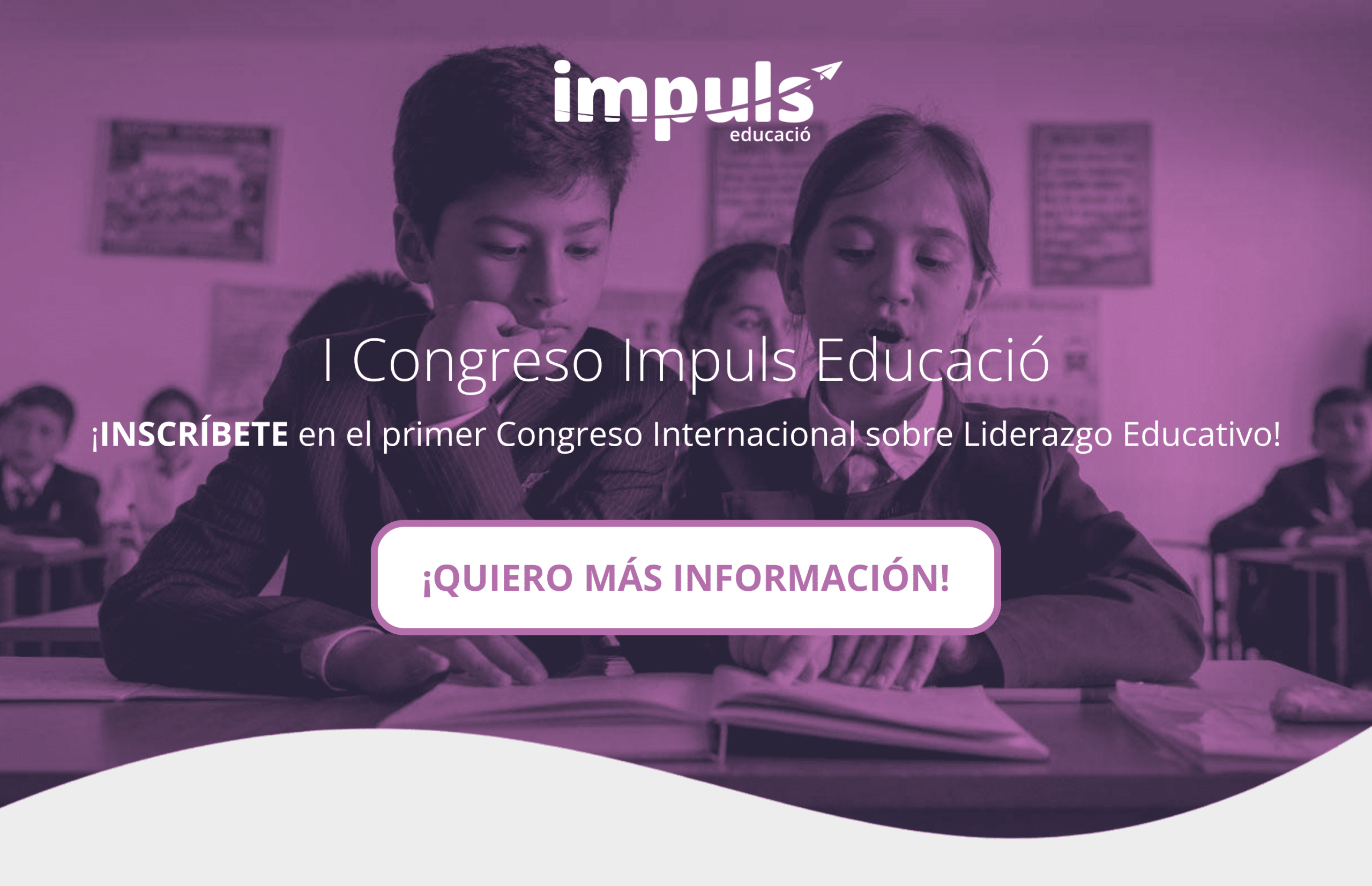
Leave A Comment